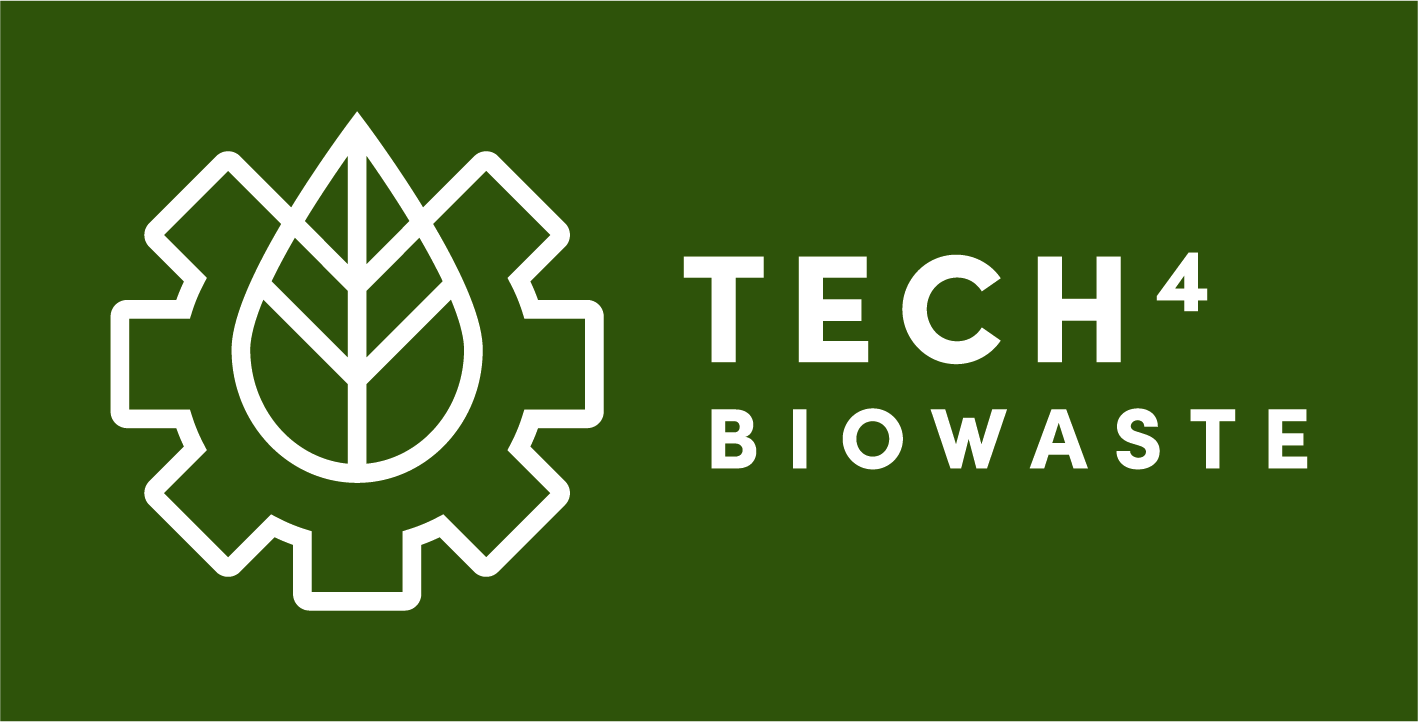VALOR PLUS project
Project concluded

Objective
The Valor-Plus supports the realisation of sustainable, economically viable closed loop integrated biorefineries through the development of new knowledge, (bio-)technologies and products that enable valorisation of key biorefinery by-products. The project comprises five key areas:
• Pre-treatment and fractionation: development of a novel methodology for the controlled and selective breakdown, release and fractionation of the lignocellulose biomass to minimally degraded cellulose, hemicellulose and lignin fractions that are suitable for further downstream refinement and processing to value product streams
• Hemicellulose Valorisation: engineering of new enzymes and microorganisms for the controlled hydrolysis and transformation of hemicellulose to high value oligomers and bulk fermentation product streams (butanol, ethanol and single cell proteins for animal feed)
• Lignin Valorisation: utilisation of combined chemo-enzymatic and chemo-microbial processes for the controlled depolymerisation and transformation of standardised lignin feedstocks to discrete families of platform and intermediate macromolecular and monomer chemicals; and their subsequent transformation to value product streams (fuels, platform chemicals, monomers for synthesis of resins and functional additives)
• Glycerol Valorisation: engineering of new microorganisms that are the suitable for the fermentation of crude glycerol to higher value product streams (lipids, alcohols and organic acids)
• Demonstration of the technological and economic potential for integration and scale-up within existing and future biorefinery value chains: including: demonstration of component technologies, focused biodiesel refinery case study, roadmaps for technology and product stream integration, and a full life cycle assessment
The project assembles an industrially focused pan-European consortium spanning the complete biorefinery value chain, including 9 SMEs, 1 large enterprise, 2 research centres and 3 universities
Contacts: Beatriz Palomo (ASEBIO) Dissemination and Exploitation WP Leader Valor Plus: bpalomo@asebio.com
Thomas Kowalik (IFAM) Ifam Fraunhofer Institute Valor Plus Coordinator











